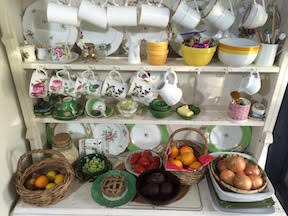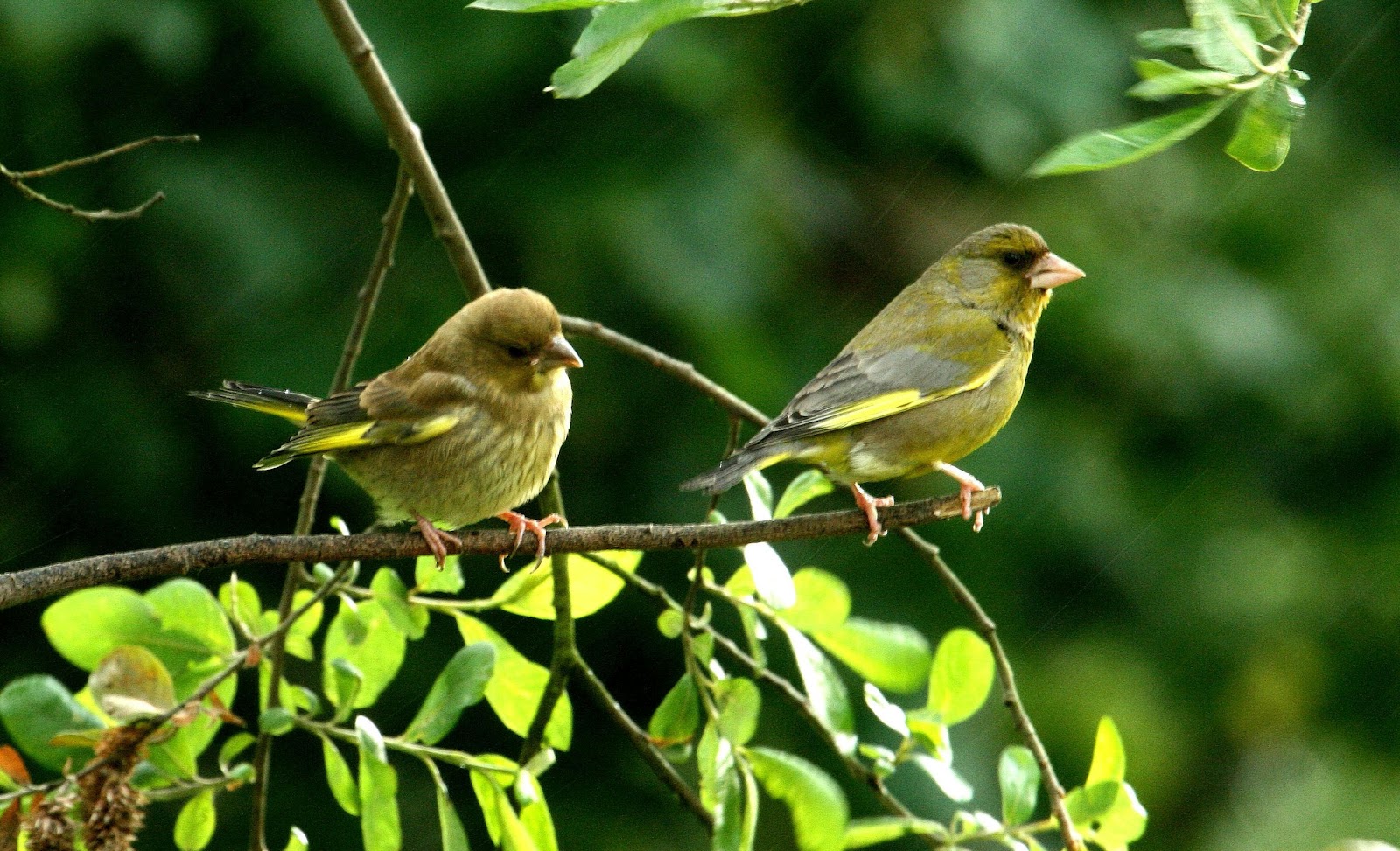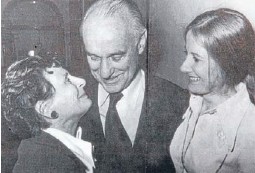On my birthday a few weeks ago, a friend sent me an elegant doorstop with a note saying she hoped this would not prevent her coming through my door again. When I wrote back I included the words of an invocation my nine year old son had learned, and used to recite when we sometimes had family prayers. Since we were attending the silent Quaker meeting at the time, I worried that the children would have no words of comfort, poetry and beauty to fall back on when they needed it, like the store of beauty and strength I had inherited from the Anglican prayer book, so we learned some poetry and prayers together. This was my son’s favourite prayer:
Oh God, Make the door of this house wide enough receive all who need human love and fellowship, and narrow enough to shut out all envy, pride and strife.
Make its threshold smooth enough to be no stumbling-block,
but rugged enough to turn back the tempter’s power: make it a gateway to thine eternal kingdom.
It was written by Bishop Ken, described as a ‘man of unstained purity and invincible fidelity to conscience’. He became a bishop after refusing to allow Nell Gwynne, Charles 11’s mistress to stay in his house when the King was visiting Winchester.When the next bishopric came up, Charles directed that ‘The good little man who refused poor Nell his lodgings’ should be appointed. He became the King’s chaplain, and ministered to him during the long week the King lay on his deathbed … two of my favourite people – one for his gentleness and goodness, the other for his warm and generous open heartedness, his kindness, and his love of Cavalier King Charles spaniels – I’ve had six of these adorable little dogs.
Bishop Ken’s later career was a chequered one, including imprisonment in the Tower, all his vicissitudes being caused by his refusal to compromise his conscience, no matter what it cost. There aren’t many people like that around – either then or now..
In my early teens when like many another teen, I experienced deep despair, these words by someone called Frederick Langridge kept me going:’Two men look out through the same bars; One sees the mud, and one the stars’ , and later, twice as old now, in my late twenties, stranded in a foreign country, with no money, two children and no family, I turned to William the Silent, who fought the Spanish to gain independence for his country, the Netherlands, during the time of Elizabeth 1. He didn’t succeed, and was assassinated by a Spanish supporter. But at the start of every day at the newspaper where I was so poorly paid, I turned to his words written in my pocket diary:
‘One need not hope in order to undertake, nor succeed in order to persevere’. These grim stoical words gave me the backbone I needed to keep on keeping on.
A few years later, in happier times, life still demanded courage and tenacity and I used a Taoist verse to keep me going. During this time, many people wrote to me or contacted me, as a result of the columns I wrote every week. One particular woman rang with what seemed like a convoluted problem to ask my help, so I referred her to a helping agency. A week or so later she came back, saying she was still up against it, unable to get help. So I sent her in another direction. Again some weeks later she was back, sounding even more desperate, so I suggested her MP as a last resort. But no… no go.
She always rang in the early evening when I was preparing our evening meal, and when I was at my most exhausted coping with CFS, and beginning to feel as desperate as she was by the time she rang again. I also began to feel that perhaps she was the problem, rather than the circumstances as she told them.
So finally I said, I could give you some words which I find helpful when I don’t know what to do, and she leapt at the idea. I gave her these words from the Chinese Tao:
Close your eyes and you will see the truth, Be still and you will move forward on the tide of the spirit,
Be gentle and you will need no strength, Be patient and you will achieve all things, Be humble and you will remain entire,
I never heard from her again, so I hoped they did help her as they helped me.
Some of my favourite words have lasted me all my life, like the Sanskrit poem :
‘Look to this day, For it is life, The very life of life. In its brief course lies all The realities and verities of existence……
.For yesterday is but a dream And tomorrow is only a vision,
But today, well lived,
Makes every yesterday a dream of happiness, And every tomorrow a vision of hope, Look well, therefore, to this day.
Life being what it is, there are always challenges to be met and overcome, and this was my fate yet again, a few years ago, when I had to decide whether to take a great leap into the unknown, or settle for safety, comfort, and an easy conventional life.
I fell back on James Graham, Marquis of Montrose, another of my favourite people and his lines:
He either fears his fate too much,
Or his deserts are small,
That puts it not unto the touch To win or lose it all
Having put my fate unto the touch, I find I’ve won it all, and learned yet again, that when one trusts to life, and steps into the unknown, the Unknown supports the adventure…
And now, seven years later, living in the bubble of joy, peace and happiness which resulted from taking that momentous step, ( reckless, some called it ) I don’t really need words of steel or beauty or comfort any more, but nevertheless love to savour them when they come my way.
Kahlil Gibran is famous for his book ‘The Prophet’, one of the most widely read books in the world, but these words of the Lebanese poet come from his other writings. They came to me the other night as I read a book on Lebanon – that tragic place where descendants of ancient Phoenicians still live amongst the descendants of so many other later civilisations.
Gibran wrote:
Remember, my brother,
That the coin which you drop into The withered hand stretching towards You is the only golden chain that Binds your heart to the Loving heart of God.
Words like these, that connect me to the beating heart of the world, are precious, and as I look back at these verses and poems and prayers that have sustained me, they remind me of a quotation from Montaigne. One of my favorite anthologies of poetry is WW2 hero, Field Marshal Lord Wavell’s book, called ‘Other Men’s Flowers’. It’s a thick book, and contains every poem he had loved, and could recite… a humbling thought that he knew every word of this thick book by heart. He begins by quoting Montaigne, the very loveable French philosopher:’I have gathered a posie of other men’s flowers and nothing but the thread that binds them is my own’, said Montaigne. And that is true of this entry of mine into the logbook of humankind’s experiences.
Montaigne’s work is ‘noted for its merging of casual anecdote and autobiography with intellectual insight’, and as in the case of so many great men and great writers, as well as others as obscure as myself. has influenced and encouraged writers to be true to themselves. That his influence is still so potent, even today, nearly five hundred years later, is proof of the power of words to strengthen, inspire, comfort, and educate, to open the heart, broaden the mind and inspire the spirit.
The words that I hope will accompany on my next journey were written by a Roman who no-one is quite sure whether he was Christian or pagan, but his words can work for anyone who believes in a First Cause, or Divine Source, be they Pagan, Hindu, Christian or Muslim: The last three lines of Boethius’s invocation are:
” To see Thee is the End and the Beginning. Thou carriest me and Thou didst go before. Thou art the Journey and the Journey’s end.
I don’t plan to rest in peace, I shall be journeying and adventuring into new realms of light and love and beauty…’ Light and more light,’ Goethe is reputed to have said as he died – more poetic words to take me with me into the next worlds….
PS Though the poetry was written as poetry on the original copy, WordPress, in spite of all my efforts has destroyed the lines and spacing… alas… and with their changed format, I can find no way of adding an illustration… I’m too technically challenged to adjust to their constant tweaking of the format…
Food for Threadbare Gourmets
I had to take an offering to the AGM of our community on this remote forest estate where I live, and didn’t have the energy to bake a cake. Along with the kedgeree that I’ve posted before, I took an old favourite of my children’s, simple, easy and didn’t need baking.
I slowly melted 200 grams of dark chocolate with 75 grams of butter, and three good tablespoons of golden syrup. When this is all melted, stir in as many cornflakes as will absorb the mixture. Pile into individual paper cake cases, and chill in the fridge for a few hours. Even adults devour these chocolate indulgences.
Food for Thought
Nelson Mandela said ” Our world is not divided by Race, Colour, Gender or Religion. Our world is divided into WISE People and FOOLS.. and Fools DIVIDE themselves by Race, Colour, Gender and Religion”









